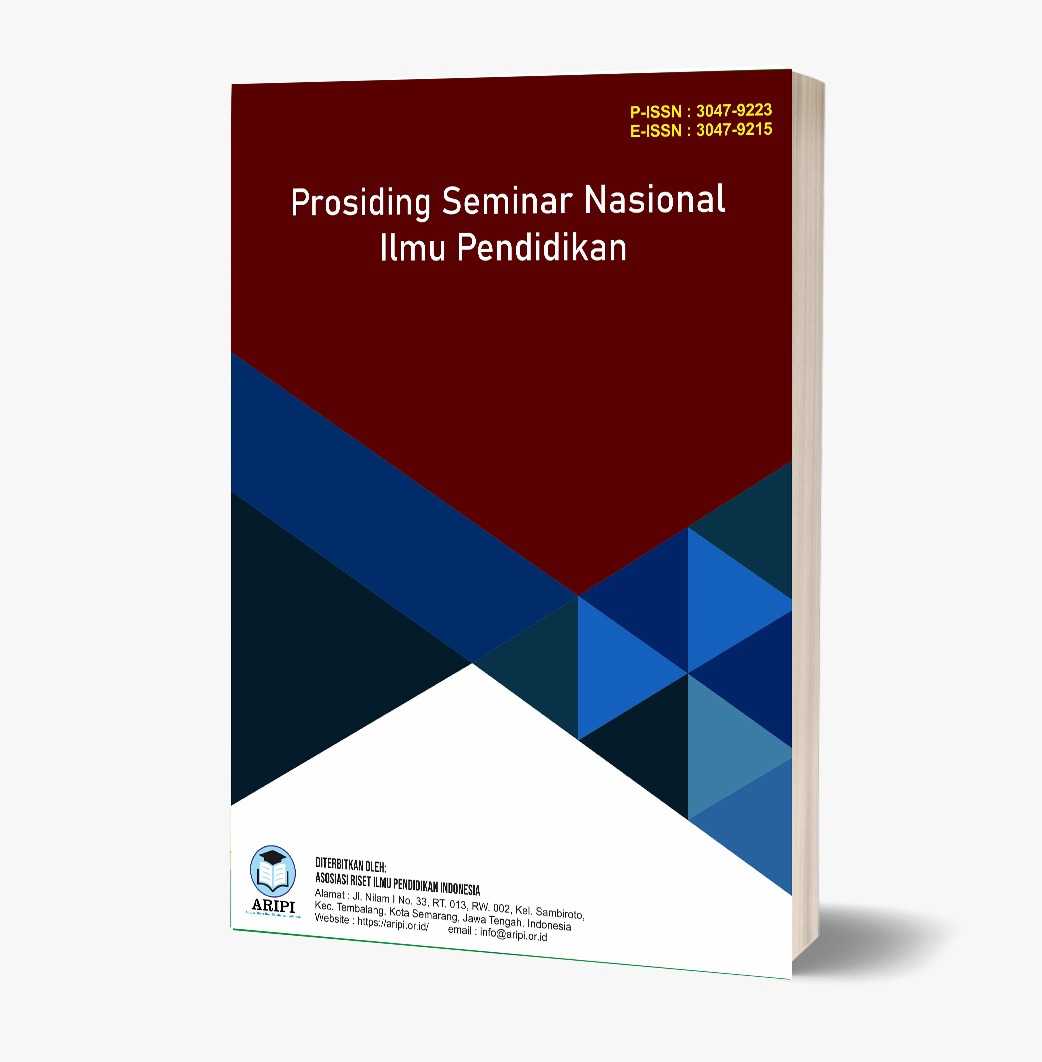Juridical Analysis Of Legal Protection For The Victims Of Artificial Intelligence Misuse Based On Indonesia’s Law
DOI:
https://doi.org/10.62951/prosemnasipi.v1i2.64Keywords:
Artificial Intelligence, Legal Protection, MisuseAbstract
This journal focused on the juridical analysis of legal protection for the victims of Artificial Intelligence misuse based on Indonesia’s Law. In this context, AI misuse refers to the use of AI technology that harms an individual or group, physically, mentally, and financially. Firstly, this journal explored how Indonesia’s law protects the victims of AI misuse. Although Indonesia has developed some regulations and policies, the legal protection of the victims of AI misuse still has become a challenge. The existing laws did not cover the specific aspects of AI misuse, including data privacy, algorithm discrimination, and other social impacts. Secondly, this journal discussed the challenges and obstacles in implementing legal protection for the victims of AI misuse in Indonesia. Some vital challenges included the lack of a general understanding of AI, specific laws for AI, and the gaps between the technology advancement and the existing law. Moreover, another challenge came from the lack of an international law framework that regulates the use of AI. This journal suggested the need for regulation improvement, public education about AI, and international cooperation in regulating AI. Besides, further research is needed to understand the bad impact of AI misuse and how the law can be more effective in protecting the victims.
References
Agritian, S. F. (2019). Kecerdasan buatan. Menara Ilmu Kecerdasan Buatan, Departemen Teknik Elektro dan Informatika, Sekolah Vokasi Universitas Gajah Mada.
Allam, Z., & Dhunny, Z. A. (2019). On big data, artificial intelligence and smart cities. Cities, 89, 80–91. https://doi.org/10.1016/j.cities.2019.01.032
Al-Shamasneh, A. R. M., & Hanum, U. (2017). Artificial intelligence techniques for cancer detection and classification: Review study. European Scientific Journal, 13(3), 342. https://doi.org/10.19044/esj.2016.v13n3p342
Amalia, A. H. (2022). Perlindungan hukum penyalahgunaan artificial intelligence deepfake pada layanan pinjaman online. Universitas Muhammadiyah Surakarta.
Diantama, S. (2023). Pemanfaatan artificial intelligence (AI) dalam dunia pendidikan. Awatara Publ., 1(1), 8–14.
Disemadi, H. S. (2021). Urgensi regulasi khusus dan pemanfaatan artificial intelligence dalam mewujudkan perlindungan data pribadi di Indonesia. Wawasan Yuridika, 5(2), 177–199. https://doi.org/10.25072/jwy.v5i2.460
Muhammad, A. (2014). Hukum perdata Indonesia. Citra Aditya Bakti.
Reed, C. (2018). How should we regulate artificial intelligence? Philosophical Transactions of the Royal Society A: Mathematical, Physical and Engineering Sciences, 376(2128). https://doi.org/10.1098/rsta.2017.0360
Secretary of State for Science, Innovation and Technology. (2023). A pro-innovation approach to AI regulation. HH Associates Ltd.
Surden, H. (2019). Artificial intelligence and law: An overview. University of Colorado Law Legal Studies Research Paper, 35, 19–22.
Downloads
Published
How to Cite
Issue
Section
License
Copyright (c) 2024 Prosiding Seminar Nasional Ilmu Pendidikan

This work is licensed under a Creative Commons Attribution-ShareAlike 4.0 International License.







